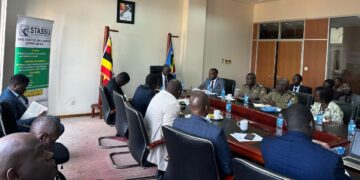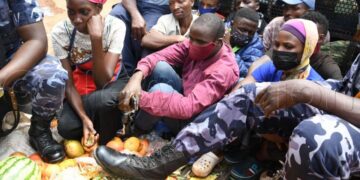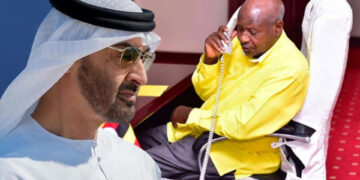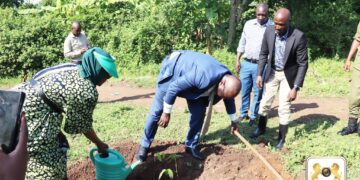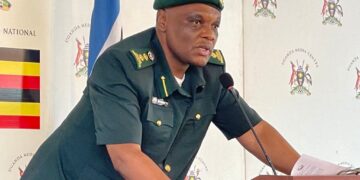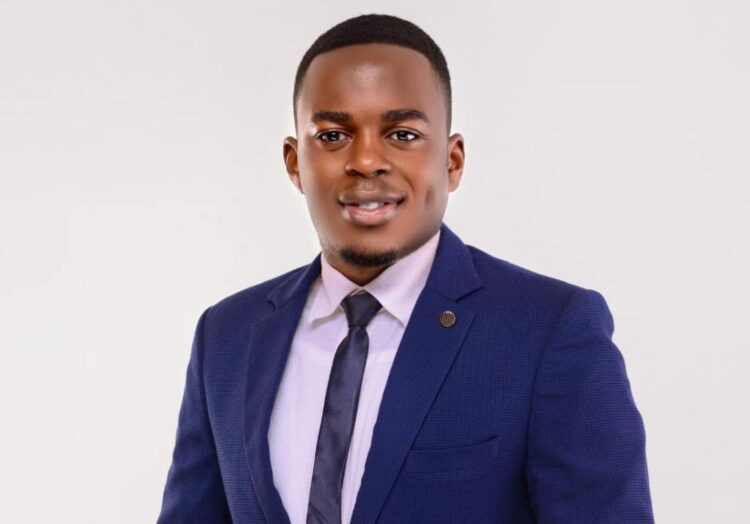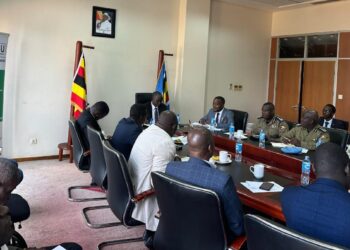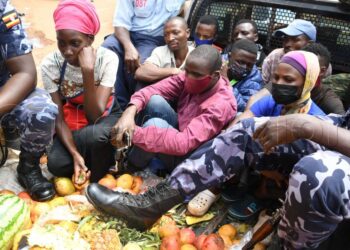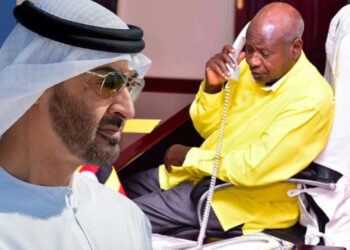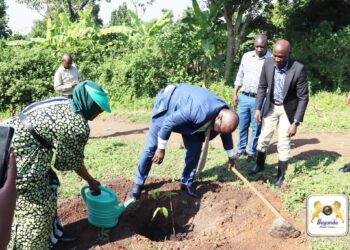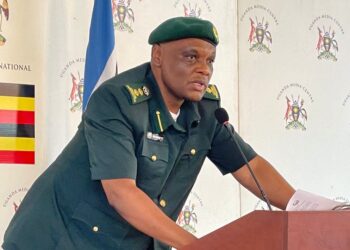OPINION
The crisis in the eastern Democratic Republic of Congo (DRC) has once again reached a boiling point, with the M23 rebel group gaining ground and intensifying clashes with government forces. The violence, displacement, and humanitarian catastrophe unfolding before our eyes should compel us to ask a critical question: Is war really the solution?
As an observer of regional politics and a firm believer in diplomacy, I strongly urge President Félix Tshisekedi to abandon the idea of a purely military solution and instead embrace dialogue with the leadership of M23. This is not just a matter of political strategy but a moral obligation to the millions of Congolese citizens caught in the crossfire.
History has shown that military campaigns against rebel movements in the DRC rarely lead to sustainable peace. The Congolese army (FARDC), despite its numerical strength, has struggled to decisively defeat the M23. Even with the intervention of regional forces such as the East African Community Regional Force (EACRF) and UN peacekeepers (MONUSCO), the rebels remain resilient, adapting their tactics and maintaining control over key territories.
The consequence of this endless fighting is an ever-growing humanitarian crisis. Thousands have been killed, and over 6.9 million people have been displaced, making the DRC home to one of the world’s worst displacement crises. Families are torn apart, children are forced out of school, and entire communities are left without food or shelter. This suffering is not just statistics—it is real human pain that demands a different approach.
If war was the answer, then why has peace remained so elusive in the eastern DRC despite decades of military offensives? President Tshisekedi must recognize that force alone will not bring stability to his country.
There is no shame in negotiating with your enemy if it leads to peace. Many successful peace processes worldwide have started with adversaries sitting across the table. The Rwandan genocide ended when warring parties came to a political agreement. Even in South Sudan, where conflict has been brutal, leaders eventually realized that talking was the only way to stop the bloodshed.
The M23 rebels, whether one agrees with their grievances or not, have indicated on multiple occasions that they are open to dialogue. Their recent unilateral ceasefire declaration should not be ignored; it presents an opportunity to initiate peace talks. Ignoring this chance and continuing with military offensives will only deepen the crisis.
I am not suggesting that the Congolese government should surrender to M23. Rather, President Tshisekedi should engage in serious negotiations to address the root causes of the conflict. The M23 insurgency is not happening in a vacuum—it is fueled by long-standing political, ethnic, and economic grievances. These grievances must be addressed if the cycle of violence is to end.
Another crucial reason President Tshisekedi should consider dialogue is the wisdom of his fellow East African leaders. The East African Community (EAC) has consistently called for peaceful negotiations. During a recent regional summit, leaders such as Kenya’s President William Ruto, Uganda’s President Yoweri Museveni, and Tanzania’s President Samia Suluhu Hassan urged the DRC to prioritize diplomacy over war. Unfortunately, Tshisekedi did not attend that meeting—an absence that raises concerns about his willingness to embrace regional efforts for peace.
The DRC is part of the EAC, and this means that it must work with its neighbors in finding solutions. The continued tensions with Rwanda over alleged support for M23 further highlight why diplomacy is essential. A regional approach, where the DRC engages not just M23 but also neighboring countries, could yield better results than an isolated military strategy.
War might seem like a sign of strength, but true strength lies in knowing when to put down weapons and talk. President Tshisekedi has a rare opportunity to change the course of his country’s future by choosing dialogue. A refusal to engage in peace talks will only prolong suffering and destabilize not just the DRC but the entire Great Lakes region.
I understand that negotiating with a rebel group is not easy, especially when emotions run high. However, as a leader, one must rise above personal and political pride for the sake of the people. The lives of millions of Congolese citizens depend on his decision.
It is time for President Tshisekedi to listen to the voices calling for peace. He must sit down with M23, involve regional mediators, and seek a diplomatic solution that addresses the core issues fueling the rebellion. Military action alone will not bring peace—but dialogue just might.
The eastern DRC crisis has persisted for too long, and it is evident that war alone will not end it. The cost of continued fighting—lives lost, families displaced, economies shattered—is too high. I urge President Tshisekedi to heed the advice of his East African counterparts and choose negotiation over conflict.
The fate of millions of Congolese hangs in the balance. It is time to break the cycle of violence and give peace a chance.
By Kigunddu Lineaker, the writer is a Ugandan Journalist















